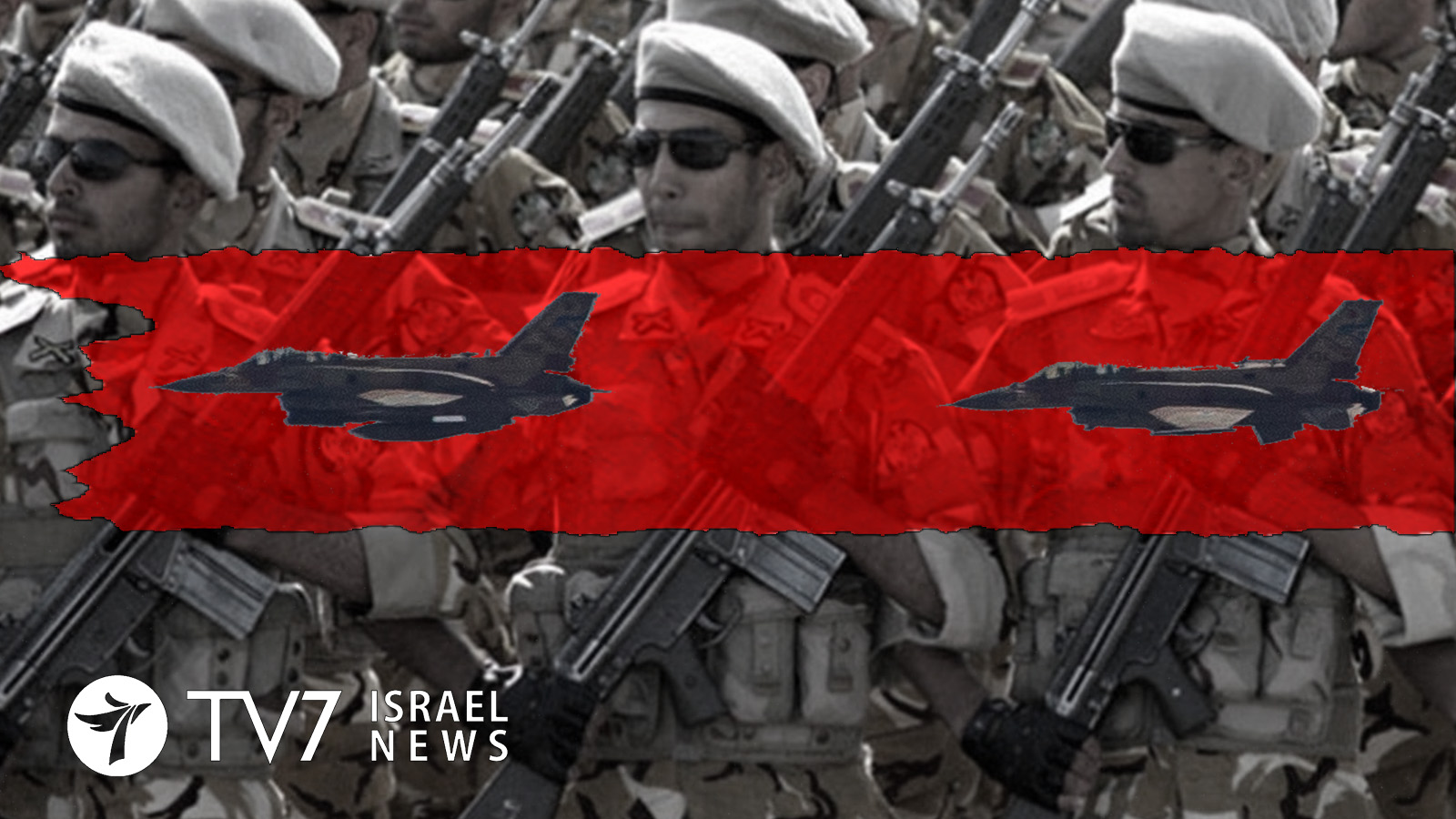Defense Minister Naftali Bennett emphasized Jerusalem’s resolve to force the Islamic Republic’s Revolutionary Guards out of the Israel’s northern neighbor, Syria, during a regional security briefing with a select number of journalists at the Israeli Defense Ministry’s Headquarters in Tel Aviv.
The top Israeli Defense officials stressed that “We are determined, very determined, and I’ll tell you why. For Iran, Syria is a distant adventure that is 1,000 kilometres from home, the (Israel-Syria) border of the Golan Heights. For us it is about life. We are far more determined. Iranian soldiers who arrive on Syrian soil and operate there, their blood is on their heads, they are putting themselves at risk. They are paying with their lives and will continue [to do so] even more so. We will not give in and we will not allow a forward Iranian base to be established in Syria.”
The Israeli Defense Minister’s comments followed repeated attacks against Iranian-controlled installations in Syria conducted during the past two weeks. According to a several reports, at least fourteen Iranian and Iraqi troops were killed in yesterday’s attack alone, when the Israeli Air Force allegedly targeted a so-called scientific research institute, which intelligence officials refer to as ‘Branch 247’. TV7 has managed to corroborate that the targeted installation was being used by Iran and its proxies as a factory to upgrade “statistical missiles” to “precision-guided weaponry.”
Separately, on condition of anonymity a senior Israeli Defense official revealed that “For the first time since Iran first entered Syria, it is now reducing its troop numbers and is evacuating (a number of its) bases.” The official further noted that “Iran has gone from being an asset to a liability for Syria,” while asserting that “Syria has been paying a rising price for the Iranian presence in its territory, for a war that isn’t its own.” The Israeli defense official further reiterated statements that were made by Minister Naftali Bennett in recent weeks, which highlight Jerusalem’s intention to “ramp up the pressure on Iran until its departure from Syria.”
Meanwhile in Damascus Syrian President Bashar al-Assad voiced alarm over his country’s capacity to battle a potentially devastating coronavirus outbreak.
Speaking at a committee overseeing measures to curb the corona contagion’s spread, Assad warned that a sudden spike could result in a “real catastrophe that exceed Syria’s health and logistical abilities.” He warned that “The small numbers do not mean that these figures could not suddenly spike in a few days or few weeks.”
The Assad regime imposed a general curfew on territories under its control over a month ago after announcing its first officially confirmed coronavirus case. It is important to mention, however, that medical sources in Syria accused Damascus Authorities of orchestrating a cover-up of the real situation across the war-torn country. These allegations were repeatedly rejected by regime officials.
Separately, in the northern Turkish-controlled parts of Syria, Ankara authorities have erected a quarantine center for Syrian expatriates who return to their home-country from Turkey, amid the latter’s efforts to contain the contagion’s spread; since more than 129 thousand coronavirus cases have been officially confirmed. According to Omar Khaled from the quarantine center “This center is set up to house Syrians who have returned from Turkey, for 15 days, until it becomes clear whether or not they have the coronavirus. After completing my quarantine here, I plan on resuming my daily activities as normal. This (time-period here) will give me and those I deal with in Syria confidence (that I am well).”
While authorities stressed the importance of “health verification of persons in transit,” the manager of the Syrian Quarantine Center noted that the rising number of Syrians returning from Turkey is putting a strain on their already scarce resources. Fuad Musa, manager of the quarantine center said “After the spread of the coronavirus around the world and in neighboring countries, this health quarantine center was set up in Jisr al Shughour province. Here we receive our fellow countrymen who were abroad. This is happening with coordination with the Turkish side and through the official crossing points. Those who return (to Syria) are taken by specialized cars to the center, where they are kept for the whole quarantine period, which is 14 days, until we can guarantee their health. After this, each person is free to go to their home or their village.”
It is important to highlight that the United Nations dispatched 52 truckloads of humanitarian aid to Syria’s northwestern Idlib region, which is under the control of the Al-Qaeda linked Tahrir al-Sham terror group. The trucks entered the Jihadist controlled territory through the Cilvegozu border gate in Turkey’s southern Hatay province, which borders Idlib province. According to the U.N. ‘the supplies are earmarked for the residents of Idlib city and nearby rural areas.
Turning now Yemen, where the Iranian-backed Houthy rebels, which control the northern part of the country, announced a first confirmed case of the coronavirus. Iranian-backed Houthi Health Minister Taha al-Mustawakil stated that “Today, the Ministry of Health and Population announces the discovery of a confirmed coronavirus case in a Somali migrant. Once the news had reached the Ministry of Health and Population of the presence of a case in one of the capital’s hotels on Sunday May 5, 2020, an epidemiological investigation team moved immediately to the hotel where they found the affected person dead. A sample was taken from him and the results of the investigation showed him to be infected with the novel coronavirus – it was a confirmed case of the coronavirus.”
It is important to explained that Yemen is the poorest country in the Arabian Peninsula. And while it is considered one of the major hotspots of transit for migrants and Jihadists; it was one of the last countries to declare corona-infections on April 10th. Yemen has since reported 21 cases, including 3 deaths, in territory held by the internationally recognized government’ and 1 case, a death, in areas under the Iran-aligned Houthis.
